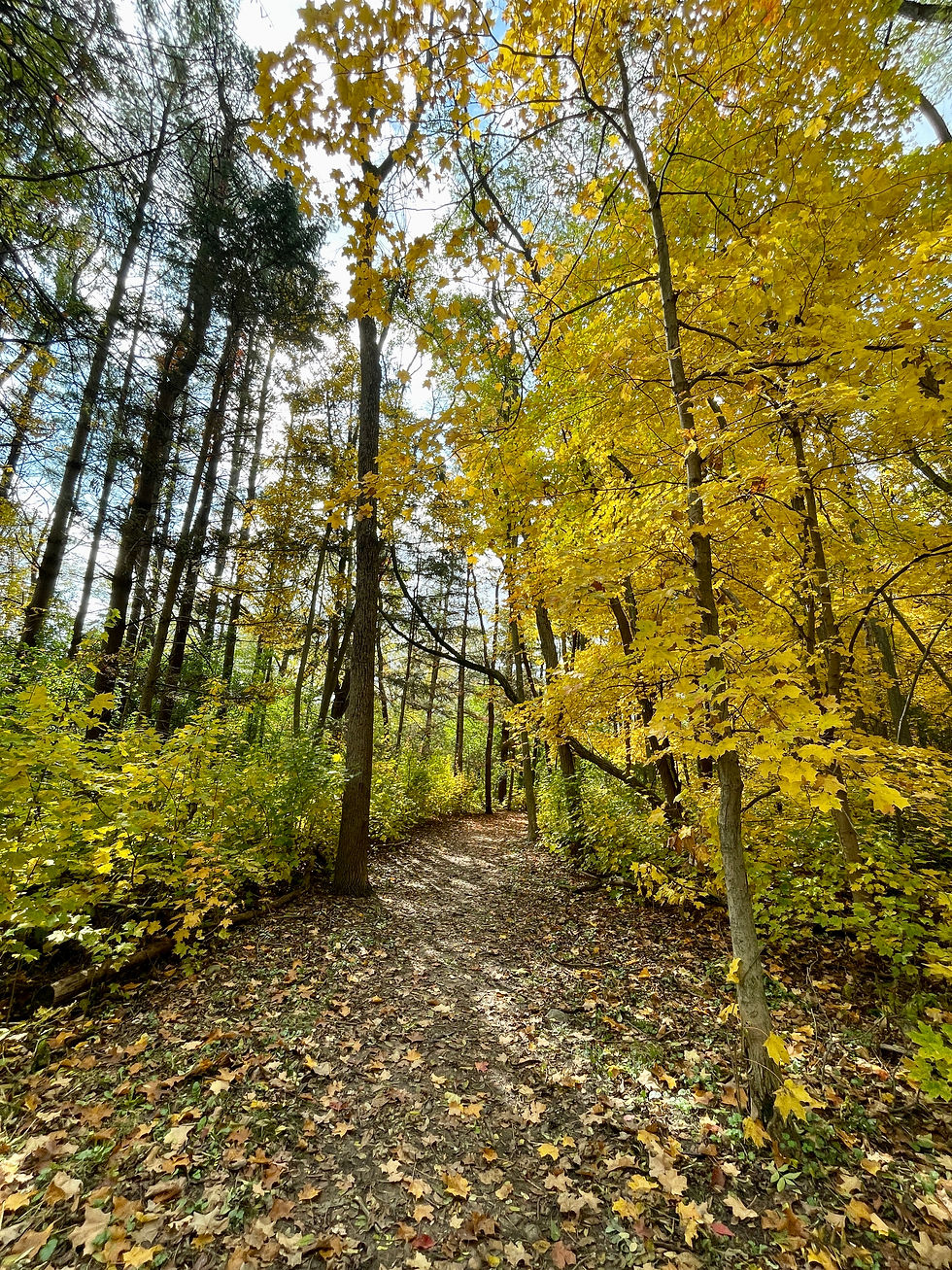
Fall is here. The air is crisp, the trees are ablaze with color, and your yard is probably covered in leaves. It might be tempting to grab that rake and bag them up or worse—burn them. But hold on! What if we told you that leaving those leaves where they are could benefit not just your lawn, but also your local pollinators, like butterflies, bees, and even fireflies? It’s true. By letting nature take its course, you can support the very insects that help our ecosystems thrive, all while saving time and improving your yard’s health.
The Hidden Benefits of Leaving Your Leaves
Most people think of fallen leaves as yard waste, but they’re actually a free and vital resource. When you rake them up and throw them away, you’re disrupting the life cycle of many beneficial insects. Pollinators like bumblebees, butterflies, fireflies, and luna moths rely on leaf litter for shelter during the cold months. Beneath those layers of leaves, these insects find a safe haven, laying the groundwork for next spring’s blooms and pollination.
Matthew Shepherd, director of outreach and education at the Xerces Society for Invertebrate Conservation, explains that when we remove leaves, “We are inadvertently impoverishing our landscapes.” The reality is that by allowing leaves to stay, you’re creating a micro-habitat that supports biodiversity in your own backyard. And that diversity is crucial for pollinators, many of whom are struggling due to habitat loss and pesticide use.
How Do Leaves Help?
Think of leaves as nature’s fertilizer. As they break down, they enrich the soil, improving its texture, moisture retention, and nutrient levels, all while helping to suppress weed growth. Leaf litter is rich in organic matter, particularly nitrogen, which your plants and trees will appreciate come spring. In fact, it’s estimated that in forests, 50% to 80% of the nutrients that trees receive come from fallen leaves.
Skip the Rake, Skip the Waste
Not only does leaving the leaves help pollinators and your soil, but it also reduces waste. Bagged leaves often end up in landfills, and burning leaves pollutes the air. Both practices harm the environment and waste a valuable resource. By skipping these outdated fall chores, you can make a big difference in reducing landfill waste and air pollution.
Tips for a Pollinator-Friendly Yard
So, how do you manage your yard without a rake? Here are some expert tips:
Leave Tall Perennials and Annuals Alone: The hollow stems of tall plants act as winter homes for solitary bees.
Compost Your Short Annuals and Veggies: Remove these plants and compost them to enrich your soil.
Create a “Messy” Corner: A pile of leaves, sticks, and other natural debris can be a perfect shelter for pollinators.
Mulch Your Leaves: If you’re worried about too many leaves on your lawn, mulch them with a lawnmower. The shredded leaves will break down faster, adding valuable nutrients to your soil.
Who Wants to Rake Leaves, Anyway?
Honestly, who enjoys raking? Instead of spending your weekend bagging up leaves, why not take the time to enjoy the best parts of fall—apple picking, hiking, or even enjoying a live band? Here at The Hive Taproom, we suggest putting the rake down and joining us for some sparkling mead while catching local favorites, Paulie & the Poor Boys. Not only will your yard look great without all the effort, but you’ll also be doing your part to help the pollinators that make our honey—and our mead—possible.
A Win-Win for You and the Environment
Leaving your leaves is more than just an eco-friendly move; it’s an easy one. With less yard work to do, you’ll have more time to enjoy the beauty of fall while knowing you’re helping to sustain the ecosystem. From fireflies to bees, pollinators need our help, and skipping the rake is a simple, yet impactful way to do your part.
So, this weekend, why not cross “rake the yard” off your to-do list and come celebrate the season with us at The Hive Taproom? Your trees, your soil, and the pollinators will all thank you.
_edi.png)
Comentarios